2023 is sure to be an interesting year for any organisation. The COVID-19 pandemic and other crises of previous years have inexorably changed the ways we live, work, do business and much more. And as businesses all over the world begin figuring out how to recover from prior challenges and prepare for future ones, the need for strong, focused and empathetic leadership has become more urgent than ever.
This year, organisation leaders must be prepared to tackle significant changes, setbacks and disruptions. Those who can anticipate the difficulties to come and prepare to meet them head-on will ensure that their organisations survive and thrive in the future. Read on for a detailed exploration of the most significant challenges your organisation should brace for in the coming months and how you can overcome them:
Connecting with Your People
Temporary or permanent business closures, corporate downsizing, and a wide-scale shift to remote work are just some of the major changes professionals everywhere were forced to navigate at the height of the COVID-19 pandemic. These changes have, in turn, caused many people to reevaluate their priorities, life goals and attitudes towards work going forward, even as pandemic restrictions begin to ease. Some have begun pursuing career growth less aggressively in favour of exploring personal projects and spending time with their families. Others have needed to take a step back from work to care for their physical and mental health. And the list goes on.
It’s become abundantly clear that, instead of expecting their people to think and behave in exactly the same way they did pre-pandemic, organisation leaders must understand the new motivations and desires that drive people going forward. It’s no longer enough to simply give people jobs—you’ll have to help them find meaning, purpose and authentic connections in their daily lives. To do this, you’ll want to make sure that your organisation is helping your employees meet the following needs:
Competitive Compensation and Benefits
One of the most straightforward ways to attract and retain the best talent in your field is to ensure that your employees receive the pay and benefits they deserve. Show your appreciation for your employees with tangible rewards that can concretely improve their quality of life. In all likelihood, they’ll return your generosity with their best efforts.
The pandemic has also made it clear that the days of reporting to the office five days a week are well on their way out. More and more employers are realising the value of workplace flexibility as a driver for productivity, efficiency and even job satisfaction. Your people are likely to be more vocal about wanting work to exist alongside, rather than in competition with, their personal lives. Listen to their needs and concerns and show that you take them seriously by adapting accordingly.
A Healthy Work Environment
This year, make it a habit to think deeply about your workplace and how to make it a setting in which your people can thrive. The happier and more satisfied your employees are with their work environment, the better they’ll perform and the longer they’re likely to stay with your organisation. Some crucial questions to ask yourself about your workplace include the following:
- How does your organisation deal with workplace conflicts?
- How would you describe your company culture? What areas for improvement can you identify?
- How can employees communicate their feedback, questions and concerns to their leadership? Do they feel adequately heard and supported?
- Do your employees have opportunities to connect meaningfully with each other?
- Are you providing your employees with adequate opportunities for personal and professional growth?
Communicating with Your Customers
It’s also high time for organisations to stop surveying their customers and instead find ways to solicit more meaningful, substantial feedback. Train your customer support personnel to provide more personalised assistance to clients seeking help instead of simply going through rote procedures to resolve their concerns. Do research into your customers’ needs and desires and strive to deliver products and services that satisfy them. Once you prove to your customers that they can trust and depend on your business, you’ll enjoy their loyalty for a good long time.
Transforming Your Leadership Development Efforts
Many companies chose to forgo leadership development efforts during the pandemic years to cut costs, but this is a big mistake. Your company’s leaders are the people who keep your organisation functional and create opportunities for it and your employees to grow. High-quality leadership can and will improve the quality of your company’s initiatives, business decisions, ideas and actions.
It’s especially important for you to bear in mind that leadership development efforts focused solely on technical skills are no longer sufficient for today’s ever-evolving business landscape. Effective leaders today need opportunities for holistic development, going beyond business strategy or hard skills to also encompass soft skills like communication, conflict resolution and empathy.
Understanding the challenges you face is the first necessary step you must take to lead your organisation effectively in these uncertain times. Once you have a well-developed sense of these difficulties, you’ll be better equipped to not only weather them, but also transform them into valuable opportunities for growth.
If you want to know more, call us on 1300 551 274 or send an email at team@teamfocusplus.com. We look forward to hearing from you.





